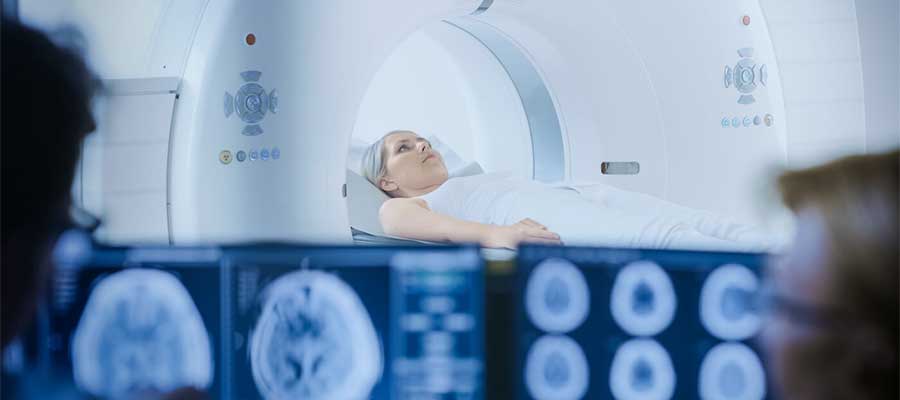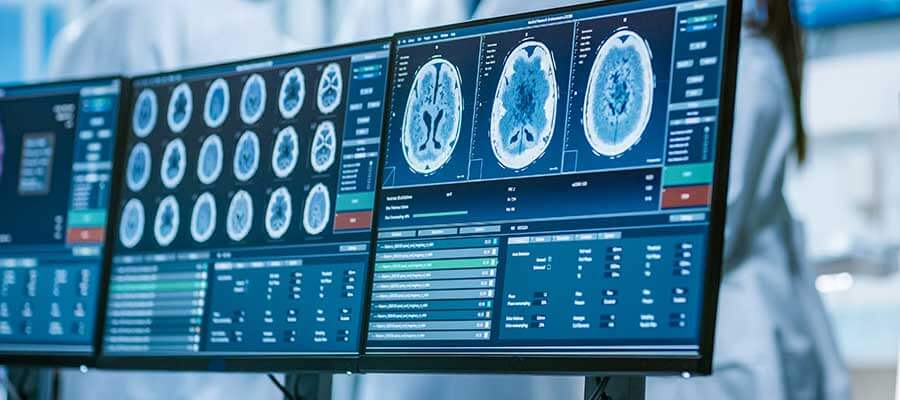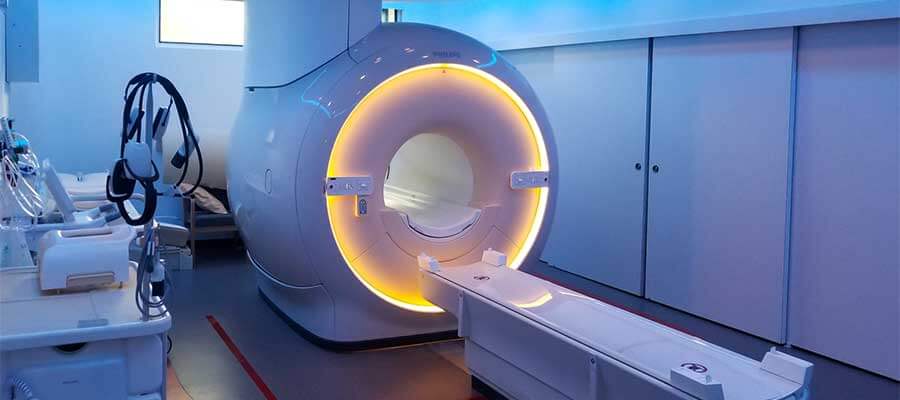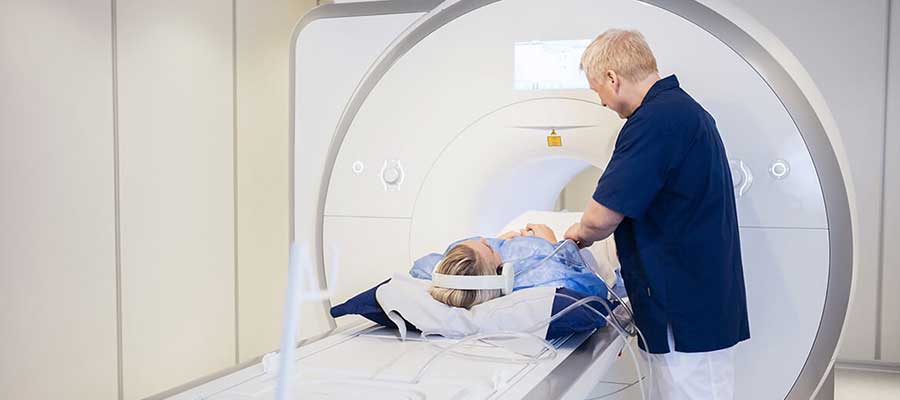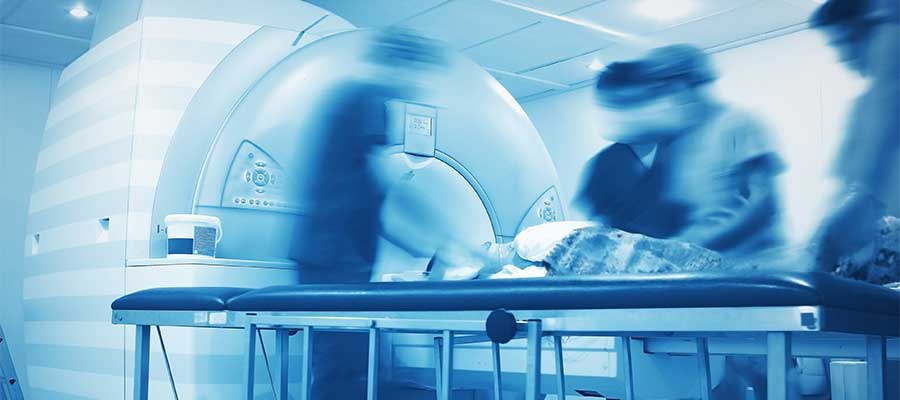Imagine this: you’ve been working a job that doesn’t quite fulfill you, but you also can’t afford to take years off to go back to school. You want a career change that’s meaningful, in demand, and flexible enough to fit around your life. Becoming an MRI technologist is one of those paths—and choosing the right degree is the foundation that helps everything else fall into place.
If you’re asking, “What degree do I need to be an MRI tech?” the short answer is: an accredited associate’s degree in MRI technology is currently the standard stepping stone. But the more important question is: Is the program you select designed to prepare you well—for both the certification exam and for real work in an MRI lab?
What To Look for in a Quality MRI Program
Having the proper degree is necessary, but it’s only half the equation. The value of your education largely depends on what you learn and how you learn it. Here are the essential features you should check when choosing an MRI program:
-
Accreditation matters. Make sure your school or program is accredited by a recognized body such as ARMRIT (American Registry of Magnetic Resonance Imaging Technologists) or equivalent. This ensures your education is accepted by employers and that you’re eligible to sit for required certification exams.
-
Comprehensive curriculum. A good program should cover both technical and patient-centered components. Expect courses in MRI physics, safety, pulse sequence design, image acquisition, and troubleshooting artifacts. But you should also learn anatomy, pathology, medical terminology, ethics, and patient care. These help you understand what you’re scanning and how to support patients through the experience.
-
Hands-on clinical training. Classroom theory is important, but what pulls everything together is real-world practice. Clinical hours allow you to work with actual MRI machines under supervision—to position patients, perform safety screenings, handle scan protocols, and gain confidence with the equipment. A quality program will have affiliations with imaging centers or clinics and dedicated clinical coordinators to help you secure a placement.
-
Post-graduation support. Once you graduate, you’ll need help navigating the job market. Resume help, interview coaching, job placement services, and connections to area clinics or hospitals can make a big difference. Programs that continue support after graduation tend to yield more successful graduates.
Beyond the Degree: Certification, Career, and What Comes Next
The associate degree is your launchpad, but there are more steps and qualities that separate techs who do well from those who just “get by.”
-
Certification. After completing your degree, you’ll typically pursue certification through ARMRIT (or a similar agency). This exam validates your knowledge and ensures you meet national or regional standards. Without certification, employment opportunities may be limited.
-
Developing your skill set. Success depends not only on what you know, but how you apply it. Skills like attention to detail, safety mindfulness, good communication, and proper patient interaction matter just as much as your ability to understand MRI physics. Employers are looking for professionals who can deliver clear images and manage patient experiences with care.
-
Staying current. MRI technology is evolving, from better magnets to new scanning protocols and safety improvements. Lifelong learning—through continuing education, workshops, or advanced modules—helps you stay sharp and competitive.
-
Career outlook. Demand for MRI technologists is strong, especially in outpatient imaging centers, diagnostic clinics, and hospitals. As medical imaging becomes even more central to diagnostics and treatment, professionals with a well-rounded and certified MRI degree will continue to be in high demand.
Choosing and completing an MRI degree program is more than just a credential—it’s a commitment to entering a field where your skills and knowledge directly impact patient care, job stability, and professional growth. If you’re ready to take that step, Pulse Radiology Institute offers an ARMRIT-accredited associate’s degree program designed with flexibility in mind, real clinical training, and support that goes beyond graduation. Start your journey with confidence knowing you’re on a path that leads to both purpose and opportunity.

